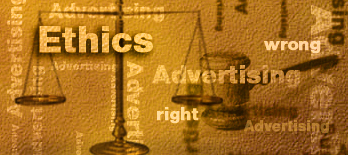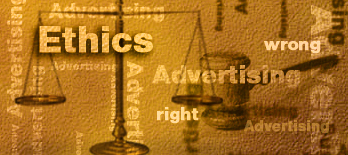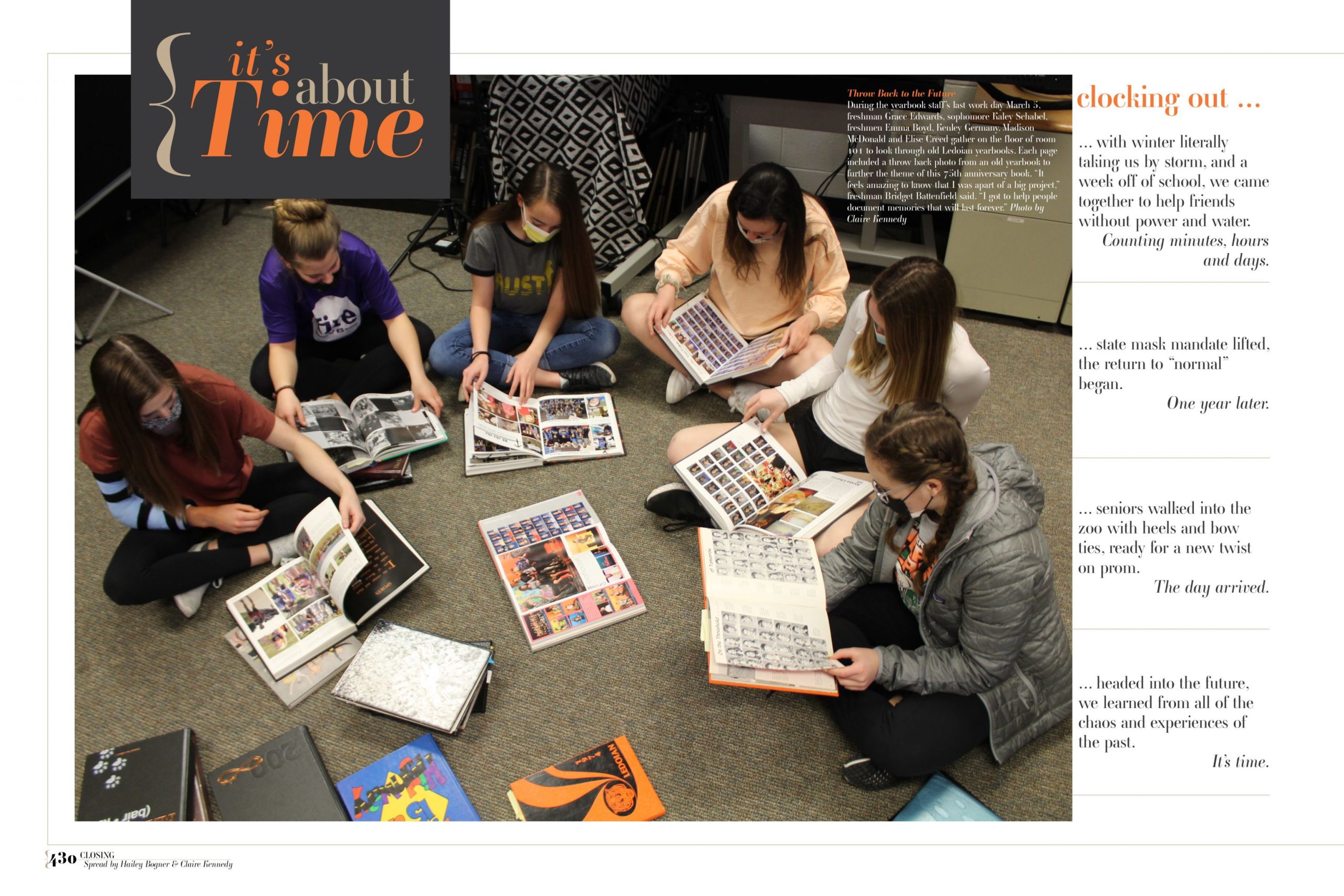Few high school journalists have a keen understanding of libel law, but not knowing may put your publication and reputation at risk. Do study up on libel, but you can also use these five tips to remember the main points of how to avoid libel.
Many yearbooks depend upon advertising revenue to sustain financial integrity. It is important they have policy that guides business operations, advertising content decisions and ethical judgments.
What’s the big deal about libel and school yearbooks anyway? In the history of the United States, there is no reported court decision anywhere that a high school has been held libel for content printed in its student media, according to the Student Press Law Center in Arlington, Va.
When it comes to libel, the law does not have a sense of humor.
A doctored photograph showing a classmate exiting a pornographic bookstore may be meant as a joke, but when the boy’s mother sees it in the yearbook, she will not be laughing. Neither will the court.
A yearbook editor I knew was proactive in guarding against ethical abuse practiced by anyone on the publication staff. On the first day of school, she had each staff member complete a questionnaire, and she reviewed the answers at each deadline when copy and layouts were submitted.
Here’s a summer assignment for leaders of the yearbook staff: revisit your publication policy manual, or create one if you are missing this important document.
In an effort to balance legal rights with what’s right ethically, it’s a good idea to adopt policies that guide the application of law and make provincial rules less arbitrary and more objective. Furthermore, a good policy manual builds staff morale and enhances performance potential.
The first thing you, as a student journalist, should know about the law is that you should know more than about the law. You also should understand the peripheral areas of the law.
For example, a yearbook editor may think the law protects his decision to include a photo of a student holding a gun in the yearbook. After all, why can’t a feature on student interests include a hunter and National Rifle Association enthusiast?
Sometimes, having the law on your side is not enough. You also may need to be proactive toward possible adversaries.
For example, let’s say you plan a yearbook feature about leisure activities, and you want to include an action photo of a student who is hunting. He’s pointing a gun, and you know that your principal may take issue with the coverage – a student using a weapon in the school yearbook.





